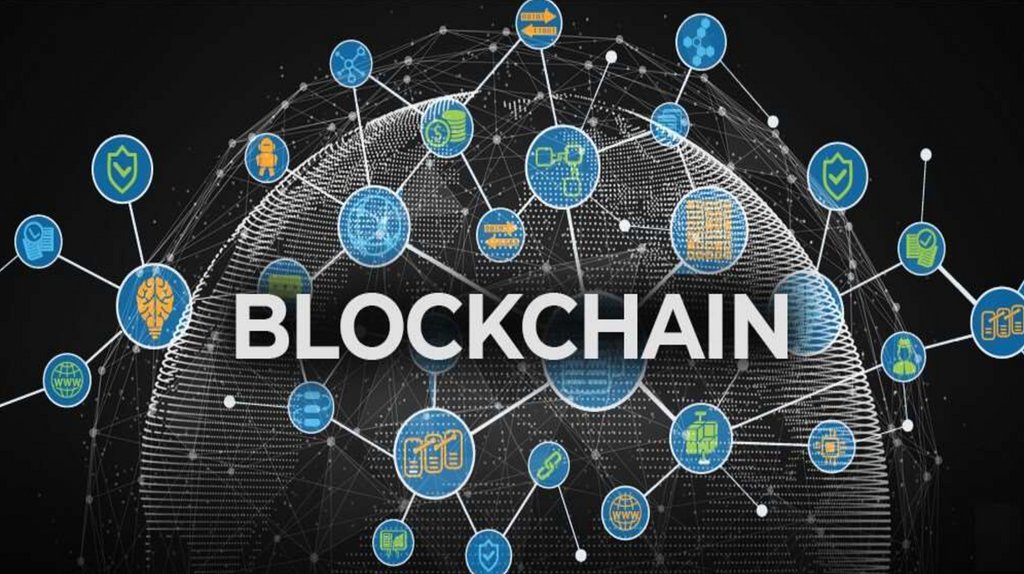In the time of digital conversion, blockchain technology has emerged as a radical force, reshaping industries and redefining the habit we store, manage, and transfer data and property. At the core concerning this innovation lies the concept of blockchain reports, a fundamental component that underpins the decentralized nature of blockchain networks. Allow’s delve into the world of blockchain reports, exploring their meaning, functionality, and the transformative potential they hold.
What is a Blockchain Report?
A blockchain account is a digital similarity or address that allows individuals to communicate with a blockchain network, permissive them to send, endure, and store digital assets, in the way that cryptocurrencies or tokens. Each blockchain account is particularly identified by a cryptographic key pair consisting of a public key, that serves as the account address, and a private key, which is used to approach and control the account.
Key Features of Blockchain Reports
- Decentralization: Blockchain reports operate on decentralized networks, message they are not controlled by any sole entity or authority. This decomposition ensures transparence, immutability, and resilience against forbiddance or manipulation.
- Security: Blockchain reports utilize cryptographic techniques to secure undertakings and protect consumers’ assets from unauthorized approach or tampering. Private keys, which are popular only to the account partner, are used to sign transactions and validate property of assets.
- Transparency: All undertakings involving blockchain accounts are written on a public ledger, popular as the blockchain, which is accessible to one with an internet relation. This transparency ensures responsibility and prevents false activities.
- Interoperability: Blockchain accounts are interoperable across various blockchain networks, allowing users to approach and manage their assets seamlessly across diversified platforms and requests.
- Self-Custody: Unlike established financial accounts, that are often protecting in nature, blockchain accounts are self-protecting, meaning users have filled control over their assets and are not dependent on triennial-party duty providers.

Benefits of Blockchain Accounts
- Financial Addition: Blockchain accounts provide approach to financial services for things who can be underserved or excluded by traditional investment systems, particularly in domains with limited approach to banking foundation.
- Security and Privacy: By removing the need for intermediaries and relying on cryptographic encryption, blockchain reports offer enhanced security and solitude protections for users’ monetary transactions and personal news.
- Global Accessibility: Blockchain reports enable logical cross-border transactions, allowing consumers to send and receive assets internationally without the need for bills conversions or intermediaries.
- Unchangeable Ownership: Transactions written on the blockchain are immutable and tamper-authentication, meaning once a undertaking is confirmed, it cannot be changed or reversed, providing users accompanying a high level of confidence in the partnership and authenticity of their assets.
Future Suggestions
As blockchain technology persists to evolve and mature, the potential applications of blockchain reports are virtually limitless. From helping decentralized finance (DeFi) and permissive tokenization of real-world property to revolutionizing supply chain management and reinforcing digital identity resolutions, blockchain accounts have the capacity to reshape industries and enable individuals on a global scale.
Finally, blockchain accounts represent a fundamental component of the decentralized frugality, offering unparalleled safety, transparency, and autonomy in directing digital assets. By understanding the visage and benefits of blockchain accounts and taking advantage of the transformative potential of blockchain technology, things can unlock new opportunities and take part in the next wave of digital change.
